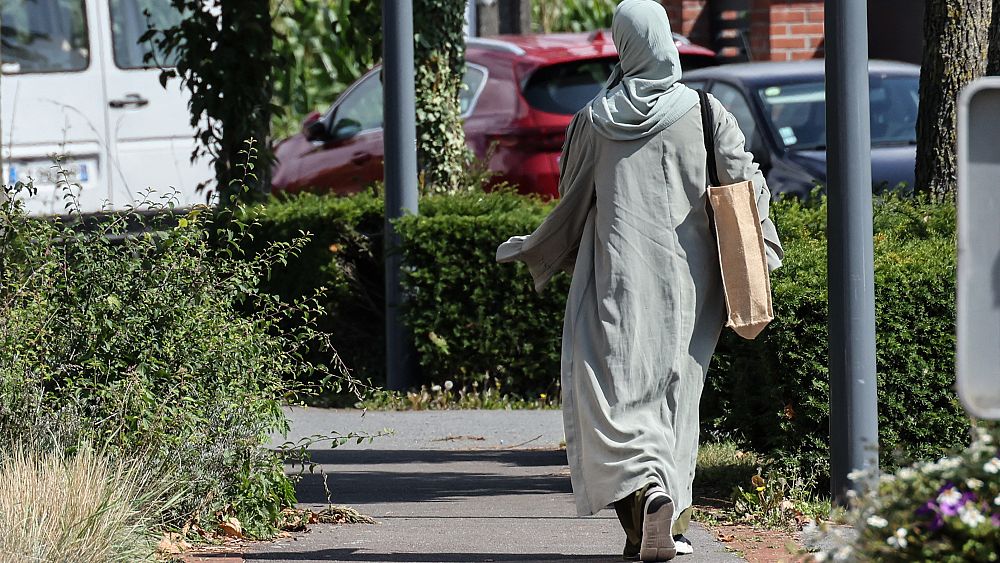General News
Top French court backs controversial government ban on Muslim abaya dress

President Emmanuel Macron said the abaya ban helps protect secularism in French schools, while critics argue the dress is a cultural garment, not a religious symbol.
France’s highest court, the Conseil d’Etat, has ruled in favour of a government ban on the abaya Muslim dress for women in schools.
The court ruled on Thursday that prohibiting the full-length dress did “not constitute a violation of fundamental freedoms,”. This followed calls for an injunction against the ban filed by an association representing Muslims, the Action for the Rights of Muslims (ADM).
The government announced last month it was banning the abaya in schools, saying it broke the rules on secularism in education that have already seen Muslim headscarves banned.
The moves are aimed at enforcing France’s separation of state and religion.
“This ban is not based on any legal text. It’s a purely political announcement on the part of the Ministry of Education, to coincide with the start of the new school year,” argued Vincent Brengarth, a lawyer with Paris Bar Association.
“What’s more, it’s a garment that hasn’t been precisely defined, and which is considered to be a non-religious garment,” he added.
France’s Education Minister Gabriel Attal told the BFM broadcaster that 300 girls showed up Monday morning wearing an abaya. Among them, 67 of them refused to change out of the dress and were subsequently sent home.
Late on Monday, President Emmanuel Macron defended the controversial measure, saying there was a “minority” in France who “hijack a religion and challenge the republic and secularism”, leading to the “worst consequences” such as the murder three years ago of teacher Samuel Paty for showing Mohamed caricatures during a civics education class.
“We cannot act as if the terrorist attack, the murder of Samuel Paty, had not happened,” he said in an interview with YouTube channel HugoDecrypte.
A law introduced in March 2004 banned “the wearing of signs or outfits by which students ostensibly show a religious affiliation” in schools. This includes large crosses, Jewish kippas and Islamic headscarves.
Unlike headscarves, abayas occupied a grey area and had faced no outright ban until now.
Disclaimer: No copyright infringement intended. All rights and credits reserved to respective owner(s).
























